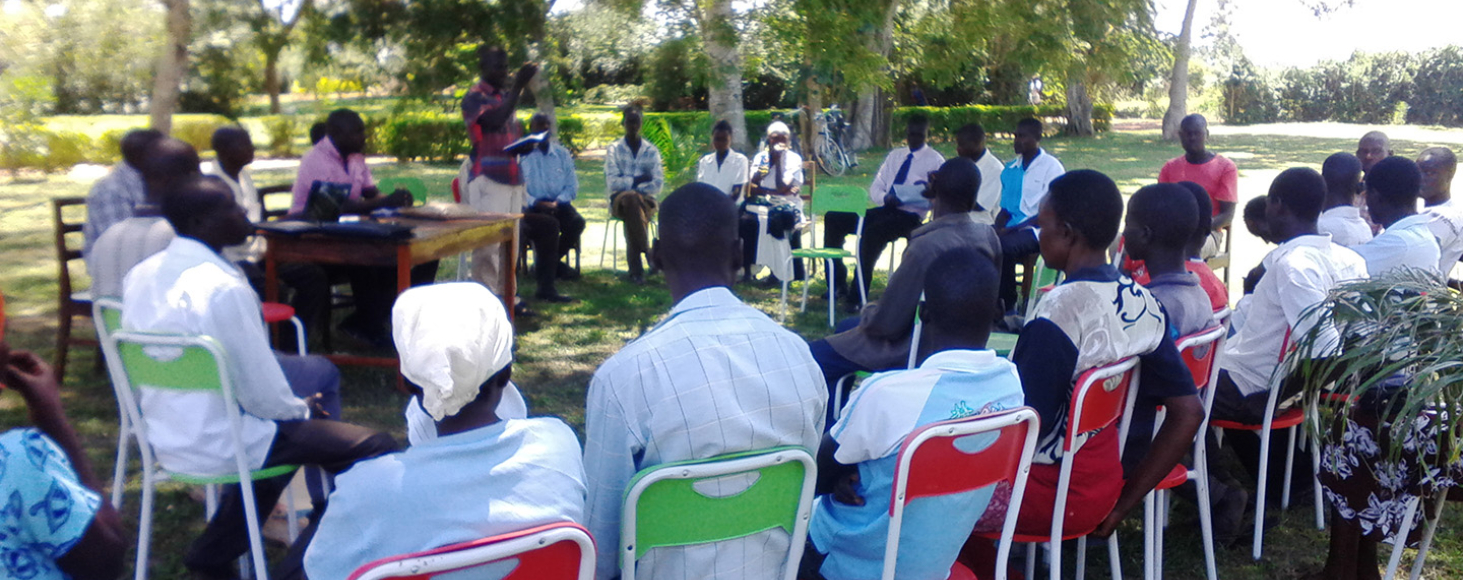
Learnings from successful practices and models, as well as failures, increase the likelihood of creating sustainable organizational models for smallholder farmers. As part of its structural change agenda, our client, a Belgium-based economic development non-profit, sought to document a range of farmer organizational models operating in Kenya, Uganda, and Tanzania.
This lessons learned documentation would facilitate better project design and scaling of impact, provide evidence to guide influencing and driving systemic change, and help promote the inclusion of smallholder farmers in dynamic modern markets.
